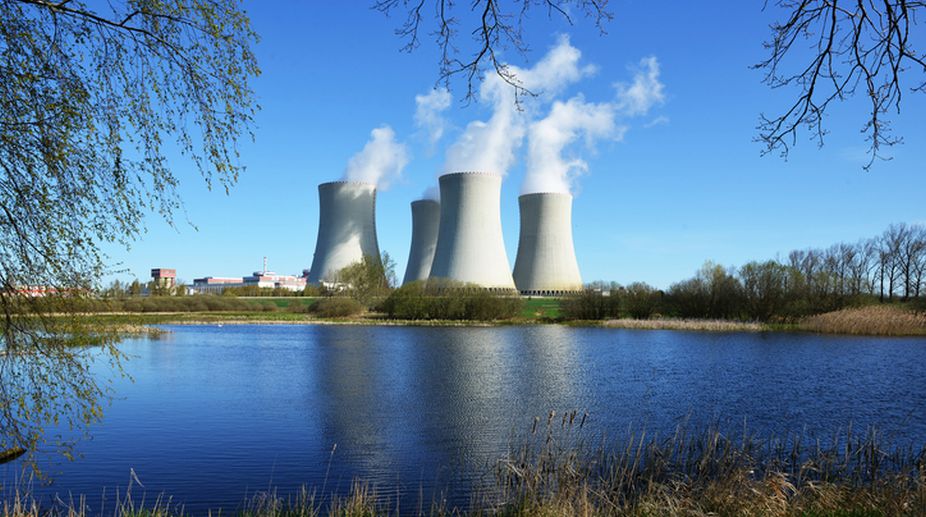Friday’s disclosure on the proliferation of nuclear technology in North Korea is unlikely to be “breaking news” when contextualised with the almost routine muscle-flexing of President Kim Jong-un.
Nonetheless, the latest revelation is bound to dominate the meetings that have been scheduled during the new US Defence Secretary’s visits to Japan and South Korea next week. It is fairly obvious that the Korean question ranks high in the new dispensation’s wider canvas.
Advertisement
The government in Pyongyang, secretive even in normal circumstances, is said to have resumed operation of a reactor at its main nuclear site. The report must seem to be still more alarming as this site is used to produce plutonium for its nuclear weapons programme. Significantly enough, the data has been advanced by Washington’s “38 North project” whose exclusive remit is to monitor matters North Korean. The timing is crucial in the overall construct. It has crafted its report on the basis of developments in the North since 18 January — two days before Donald Trump’s inaugural.
At the threshold, therefore, the new President has an almost readymade foreign policy agenda to address, if not a major crisis to countenance. Aside from the US, the report cannot but unnerve South Korea and Japan as well. Not least because it records that the country is gearing up to “restart” the reactor at Yongbyon. Furthermore, the Kim regime is said to have unloaded spent fuel rods for reprocessing to produce additional plutonium for its nuclear weapons stockpile.
While the “power level” of the reactor is as yet uncertain, it is generally presumed that “it may be considerable”. The renewed technological build-up in the North explains the Trump administration’s anxiety to strengthen relations with Japan and South Korea in the immediate perspective.
It is open to question whether the diplomatic counter-mobilisation will serve the cause of nuclear deterrence on the part of Pyongyang. The outlook remains ever so fogbound as North Korea has maintained its nuclear and missile programmes in violation of several bouts of international sanctions.
President Kim’s New Year speech was a signal of intent when he declared to his domestic audience that his country was close to test-launching an intercontinental ballistic missile (ICBM).











